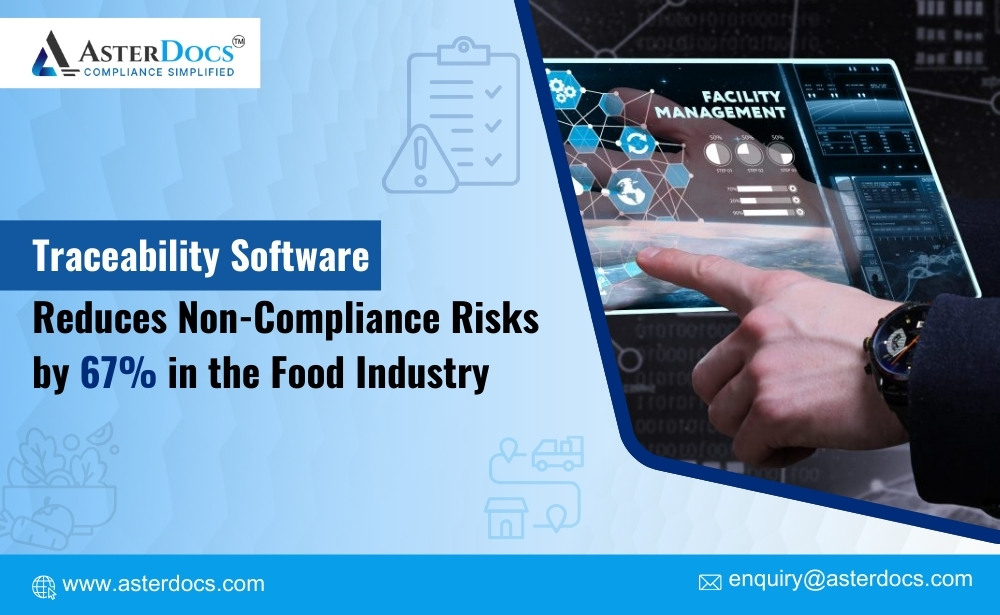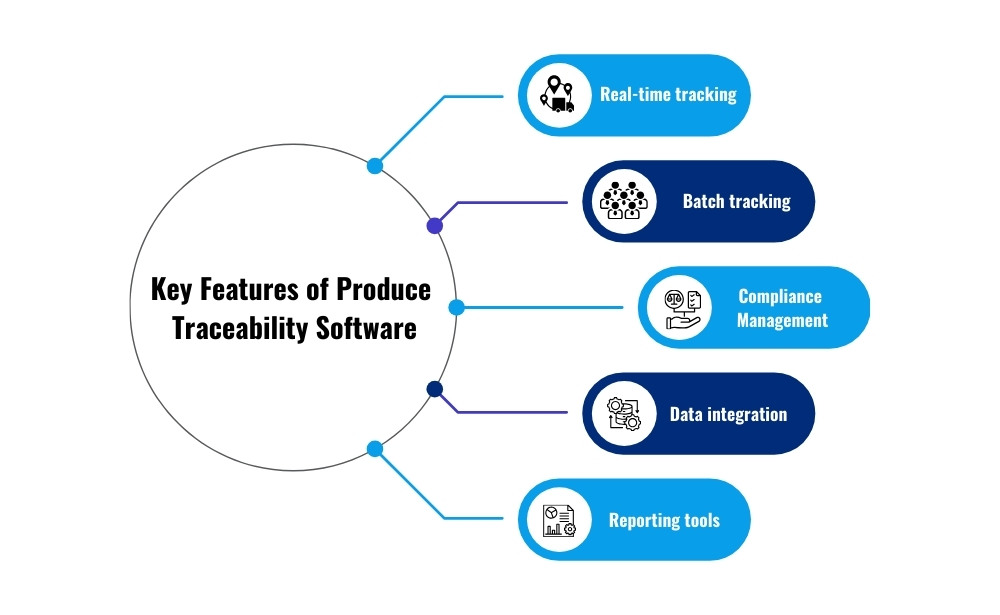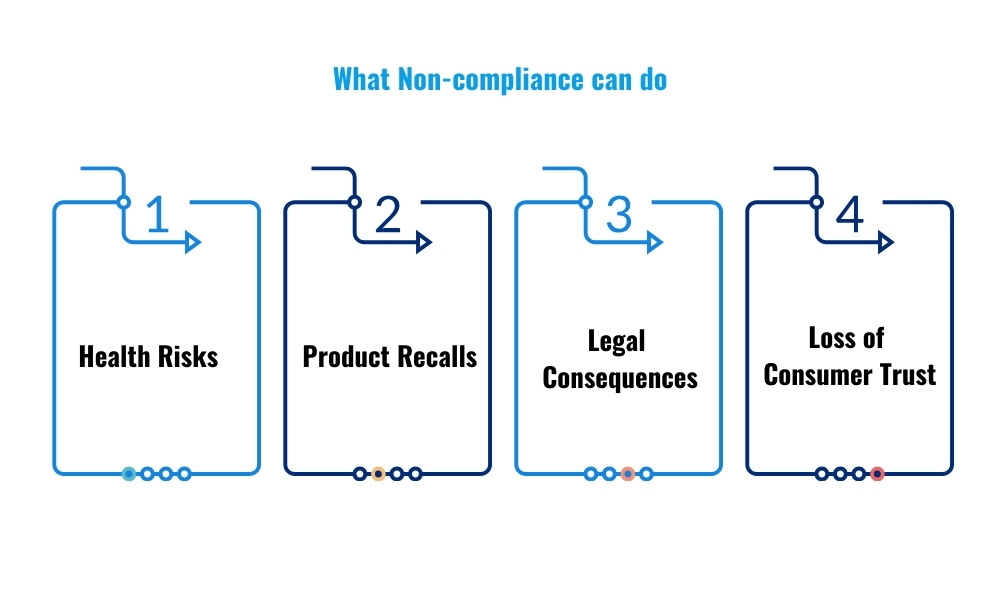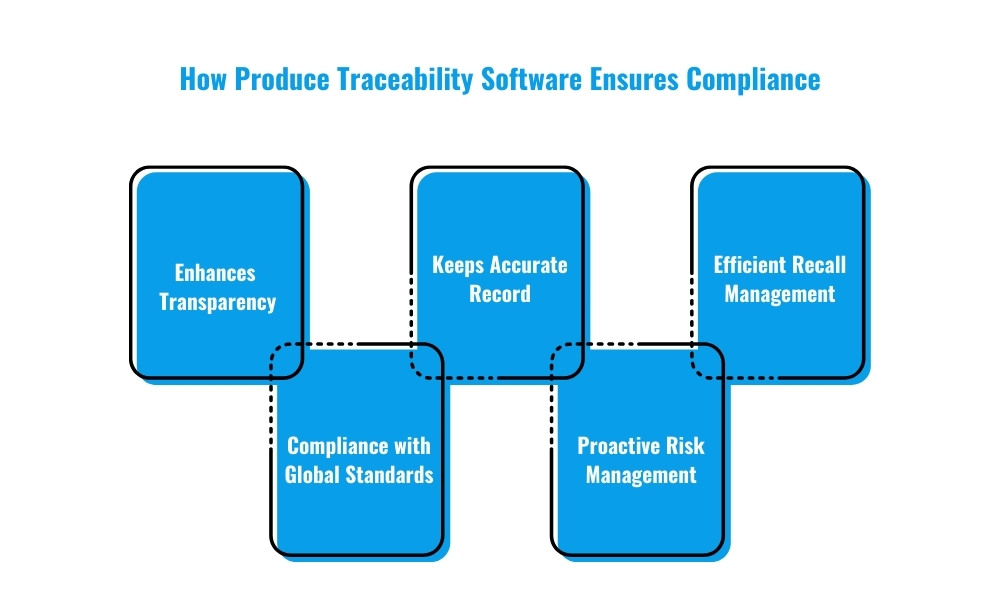Compliance with safety regulations is not just a legal obligation—it’s a critical component of maintaining consumer trust and ensuring the quality of products. The increasing complexity of supply chains, coupled with the rising demand for transparency, has made it essential for companies to adopt advanced solutions like produce traceability software. This technology not only streamlines operations but also plays a pivotal role in ensuring compliance with stringent food safety standards.
The Growing Need for Compliance in the Food Industry
The food industry is one of the most regulated sectors worldwide, and for good reason. Food safety incidents can have devastating consequences, from severe health risks to widespread product recalls that can tarnish a brand’s reputation. As a result, regulatory bodies like the FDA in the United States and the European Food Safety Authority (EFSA) have implemented strict guidelines that food producers and suppliers must follow.
However, ensuring compliance with these regulations can be a daunting task, especially when dealing with a complex supply chain that spans multiple regions and involves numerous stakeholders. This is where producing traceability software comes into play.
What is Produce Traceability Software?
It is a specialized technology designed to monitor and document the journey of produce from farm to table. It allows companies to track every step of the supply chain, from the initial harvest to the final sale, ensuring that all processes are transparent and fully documented.
Key features of produce traceability software include:
- Real-time tracking: Monitor the movement of produce throughout the supply chain.
- Batch tracking: Identify and manage specific batches of produce, helping to isolate potential issues.
- Compliance management: Ensure that all processes adhere to relevant food safety regulations.
- Data integration: Combine data from various sources to create a comprehensive view of the supply chain.
- Reporting tools: Generate reports that demonstrate compliance with regulatory standards.
Why Compliance Matters
Compliance in the food industry is not just about avoiding fines or penalties; it’s about safeguarding public health and maintaining the integrity of the food supply. Non-compliance can lead to:
- Health Risks: Contaminated produce can lead to foodborne illnesses, which can have severe consequences for consumers.
- Product Recalls: If a product is found to be unsafe, it may need to be recalled, resulting in significant financial losses and damage to the brand’s reputation.
- Legal Consequences: Non-compliance can lead to fines, legal action, and even the closure of businesses.
- Loss of Consumer Trust: Consumers are increasingly demanding transparency in the food they consume. A lack of compliance can erode trust and drive customers to competitors.
How Produce Traceability Software Ensures Compliance
1. Enhanced Transparency
Produce traceability software provides end-to-end visibility into the supply chain, allowing companies to monitor every stage of production, processing, and distribution. This level of transparency is crucial for meeting regulatory requirements and ensuring that all stakeholders are held accountable.
2. Accurate Record Keeping
One of the biggest challenges in food safety compliance is maintaining accurate and up-to-date records. It automates the documentation process, reducing the risk of human error and ensuring that all records are readily available for audits and inspections.
3. Efficient Recall Management
In the unfortunate event of a food safety issue, quick and efficient recall management is essential. Traceability software enables companies to quickly identify and isolate affected batches, minimizing the scope of the recall and reducing the impact on the business.
4. Compliance with Global Standards
With the global nature of today’s food supply chains, companies often need to comply with multiple sets of regulations. Produce traceability software is designed to help businesses meet the requirements of various regulatory bodies, ensuring compliance across different markets.
5. Proactive Risk Management
By providing real-time data and insights, it allows companies to proactively identify and address potential risks before they escalate into compliance issues. This proactive approach not only ensures compliance but also helps to maintain the quality and safety of the produce.
Conclusion
In an industry where compliance is synonymous with safety, producing traceability software is no longer a luxury—it’s a necessity. By providing the tools needed to track and manage the entire supply chain, this software ensures that companies can meet regulatory requirements, protect consumer health, and maintain the trust of their customers.
As the food industry continues to evolve, the importance of compliance will only grow, making this software an indispensable part of any food producer’s toolkit. Investing in this technology is not just about staying ahead of regulations—it’s about safeguarding the future of your business.
















